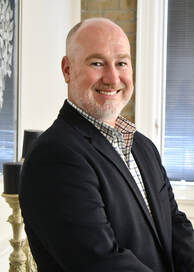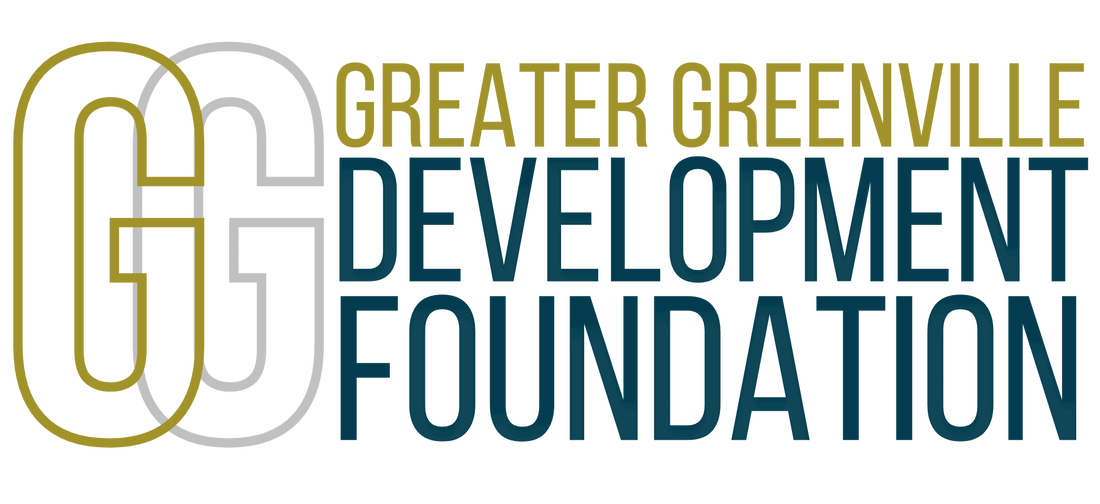|
|
Current openings
Are you interested in joining our team?
Please click below to see a description of current open positions at Greater Greenville.
We do not have any positions available at this time.
Please click below to see a description of current open positions at Greater Greenville.
We do not have any positions available at this time.
Board of DirectorsThe Board of Directors for Main Street Greenville is comprised of a diverse panel of individuals from the greater Greenville community. These individuals contribute a wide range of professional knowledge, skills, and expertise in determining, promoting and implementing the mission of Greater Greenville Development Foundation of which Main Street Greenville is a part.
A term for a Director is three (3) years, with a two-term limit. Directors are formally assigned responsibilities in the Bylaws for the government, control and general management of the affairs, funds and property of the Organization. In addition, the Directors also provide active fiduciary oversight of finances, physical assets and long range planning to ensure the abiding vitality of the Organization.
The current Directors of GGDF are as follows:
A term for a Director is three (3) years, with a two-term limit. Directors are formally assigned responsibilities in the Bylaws for the government, control and general management of the affairs, funds and property of the Organization. In addition, the Directors also provide active fiduciary oversight of finances, physical assets and long range planning to ensure the abiding vitality of the Organization.
The current Directors of GGDF are as follows:
|
Douglas Wade, President
Brian Street, Vice President Judy Long, Treasurer April Robertson, Secretary |
Chad Freeman, Member
Greg Jackson, Member George King, Member Ken Purvis, Member |
main street greenville is a 501(C)(3) organization dedicated to the preservation and economic redevelopment of downtown greenville, mississippi. We utilize the Main Street approach developed by the National Trust for Historic Preservation after it became apparent there was an ever-escalating loss of historic commercial architecture and loss of community sense of history. To stop this trend, the Trust began in 1977 to develop a four-point approach that addresses organization, design, promotion, and economic restructuring.




